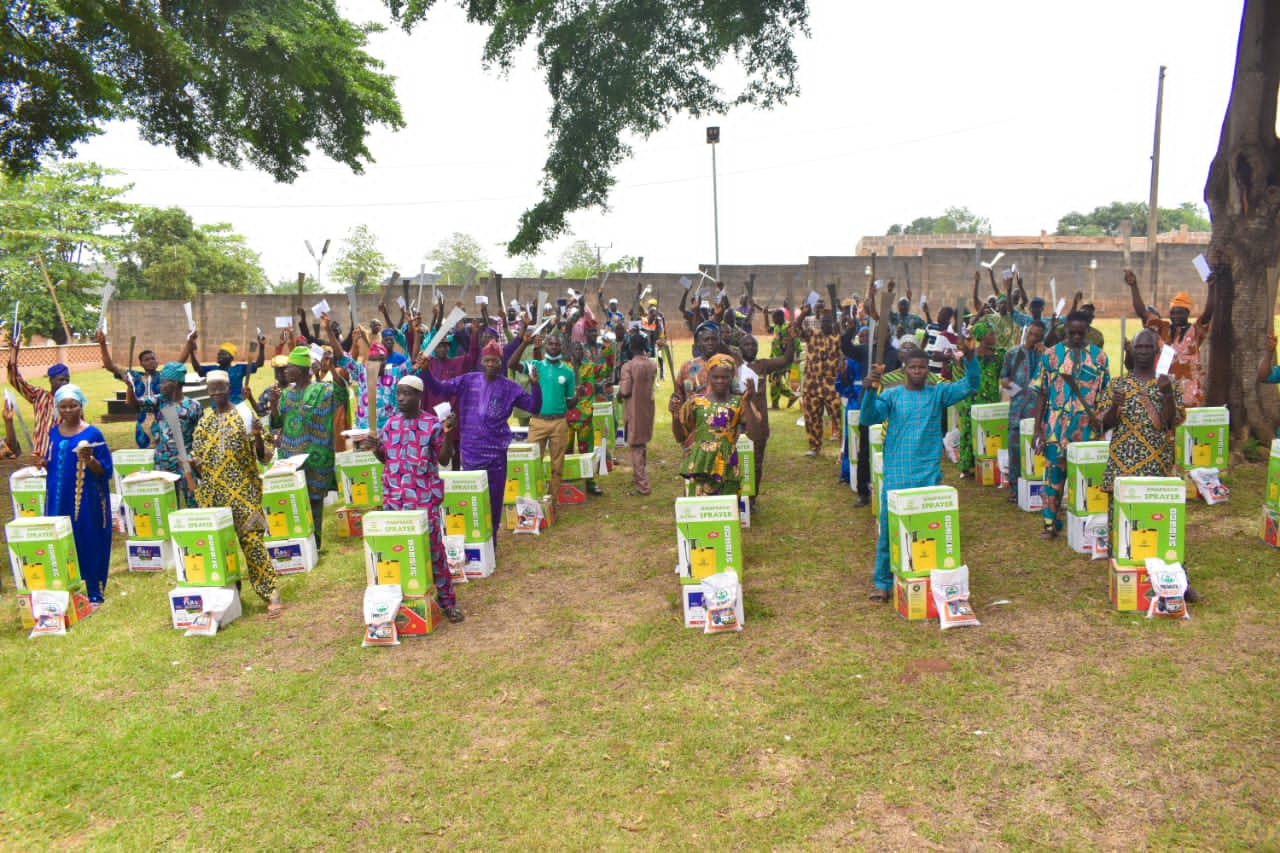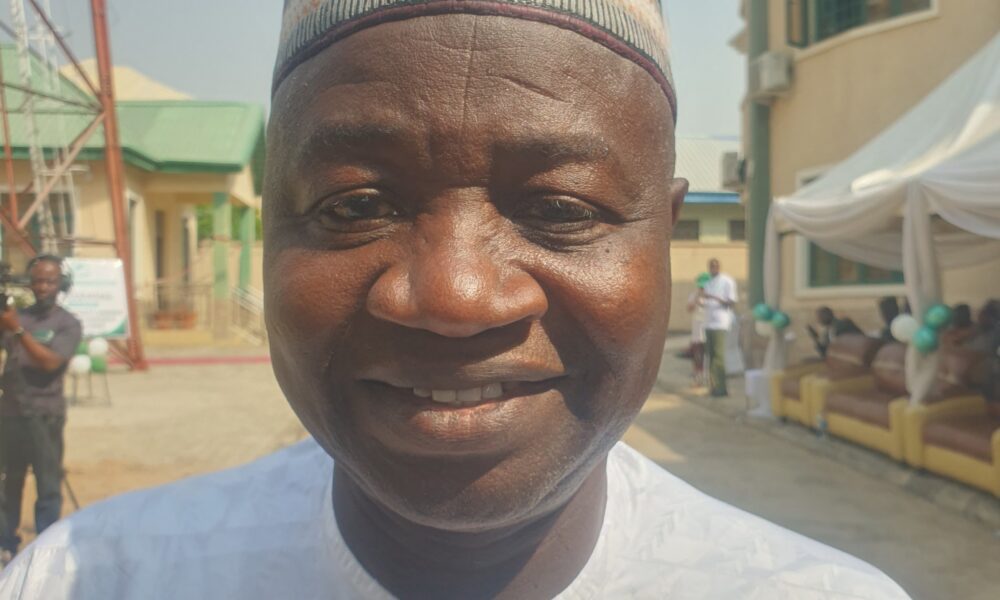Some concerned staff of Farm Inputs Supports Services (FISS), of the Federal Ministry of Agric and Rural Development (FMARD), on Friday absolved themselves of any complicity in an alleged misuse of public funds by some members of the organization.
Operatives of the Independent Corrupt Practices and Other Related Offences Commission (ICPC) were reported to have arrested about five senior officials in the FISS Department of the FMARD over alleged diversion of funds.
Their arrest was said to be linked to the diversion of funds meant for monitoring exercise and sensitisation programmes.
The spokesperson of the concerned staff, Muhammed Dan Musa while reacting to the allegation indicated that the clarification became instructive because some persons have decided to play politics even when no name was mentioned in the allegation.

He said, “The report in question didn’t mention the name of any staff. So, it will be unfair, it will be the height of mischief for some persons to assume that we are all involved just because we are staff of FISS.
“Please, we hereby use this medium to plead with those playing politics to have rethink and do something that will be of immense benefit to the country in this period.”



